
Have you ever found yourself pondering the true power dynamics in England during the chaotic mid-1500s? If so, you might be intrigued by the figure of **John Dudley**, the Duke of Northumberland. This remarkable individual was not only a skilled military leader but also a shrewd political strategist, positioning himself as a pivotal player during the reign of **King Edward VI**. His influence was profound, but the question remains: was he a hero championing reform, or a villain driven by ambition? To understand the complexities of his character and the era he navigated, let’s explore the life and legacy of this enigmatic and controversial figure in English history. Through his actions and decisions, Dudley shaped the course of the monarchy and left an indelible mark on the political landscape of his time, making him a subject of both admiration and disdain.
Early Life and Background
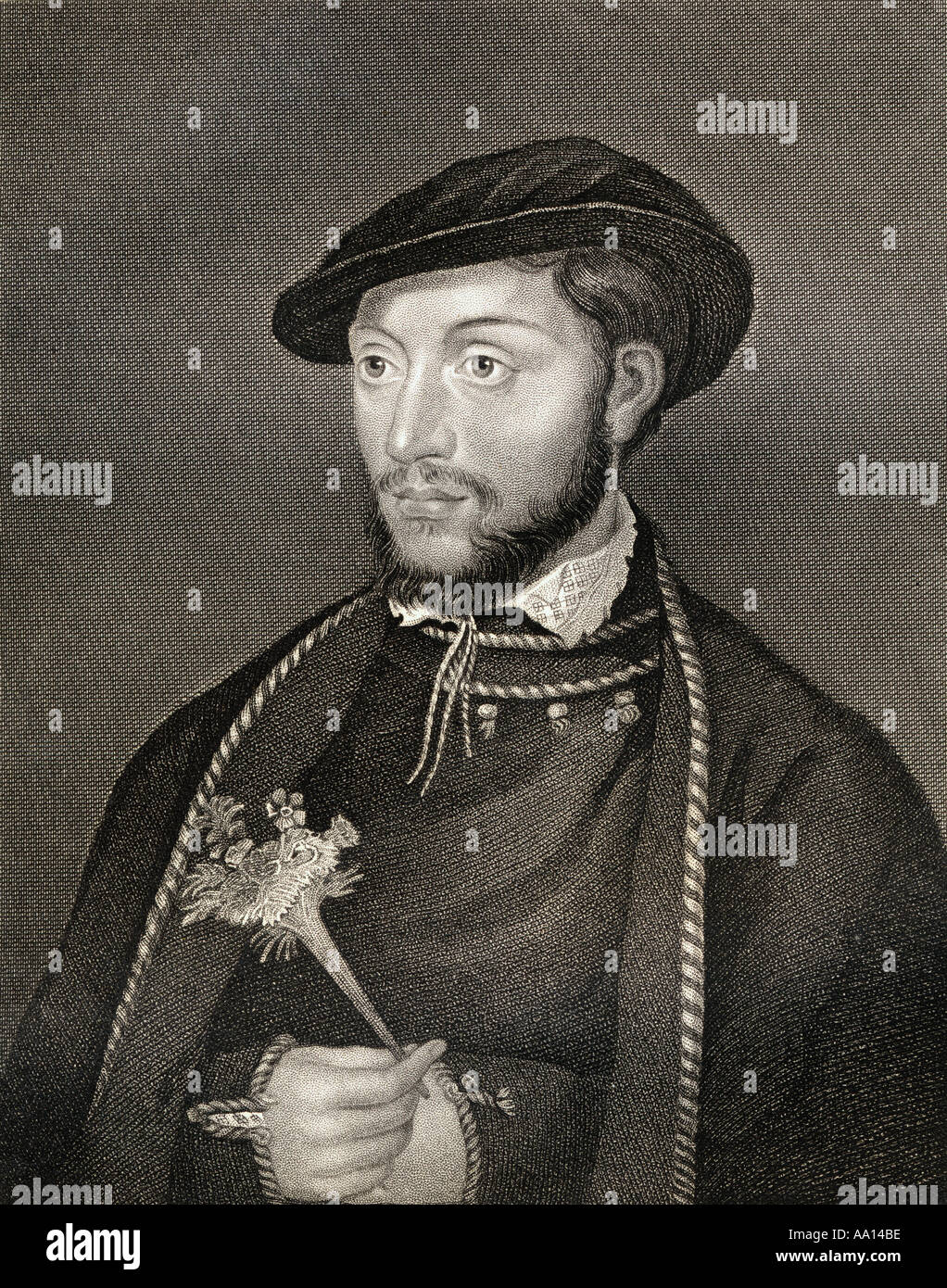
Born into Turmoil
John Dudley entered the world in 1504, amidst a backdrop of intense political strife and perilous intrigue. His early life was profoundly shaped by the tragic fate of his father, Edmund Dudley, who met a grim end when he was executed by King Henry VIII in 1510. This harrowing event not only marked a significant turning point for the Dudley family but also set a dramatic tone for John’s own future. As he grew up, he quickly realized that navigating the treacherous waters of the royal court demanded not only intelligence but also a keen sense of strategy and cunning. The lessons learned during his formative years would prove invaluable as he sought to carve out his own place in a world rife with danger and opportunity.
Rise to Power
By the time we reach 1538, John Dudley had already established himself as a formidable figure in the realm of politics and military affairs. He served as the deputy governor of the strategically important English-occupied port of Calais, where he honed his leadership skills and gained valuable experience. His ascent continued, and by 1542, he had transformed from a mere player in the political arena to a key figure of influence, earning the title of Viscount Lisle. His ambitions did not stop there; he later ascended to the prestigious position of Lord High Admiral. Dudley’s military prowess was exemplified by his successful campaigns, including the notable capture of the French city of Boulogne, which not only showcased his capabilities but also solidified his reputation as a determined and ambitious leader in the tumultuous landscape of Tudor England.
The Regency Council and the Protectorate
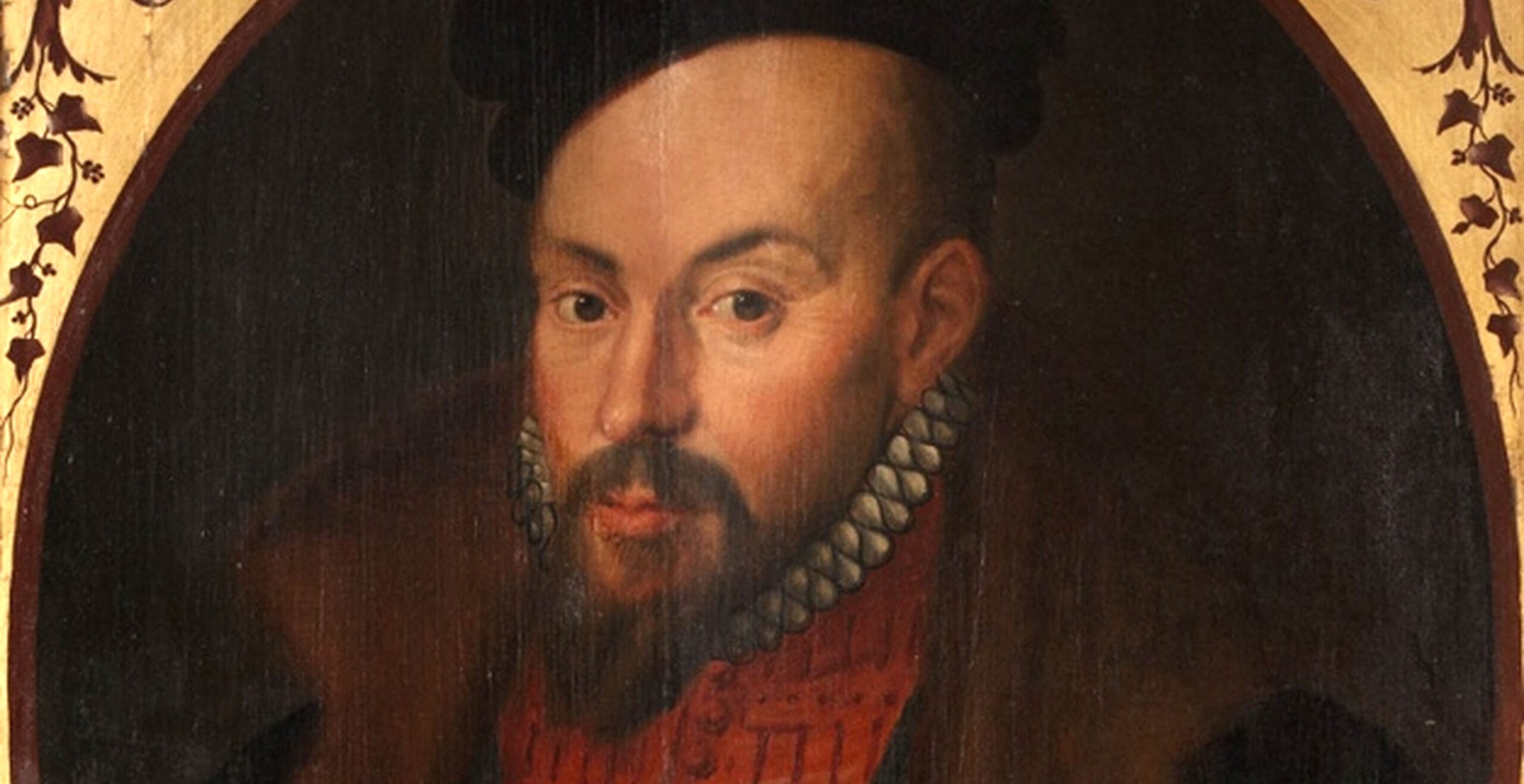
Transition of Power
The year 1547 marked a significant turning point in English history with the death of Henry VIII. Following his passing, Dudley found himself appointed to the regency council that was responsible for governing the young King Edward VI, who was only a child at the time. In the early days of this new political arrangement, Dudley collaborated closely with Edward Seymour, the Duke of Somerset, who held considerable influence as the Lord Protector. However, the political climate was fraught with tension and unrest, setting the stage for a dramatic transformation in leadership.
The Fall of Somerset
By 1549, the dissatisfaction among the populace regarding Somerset’s policies had reached a boiling point. Dudley, recognizing the growing unrest, skillfully capitalized on this discontent. He strategically aligned himself with the propertied classes and the Roman Catholic faction, both of whom were increasingly frustrated with Somerset’s governance. This alliance enabled Dudley to orchestrate a coup that ultimately resulted in Somerset’s arrest. This maneuver exemplified the age-old adage, “the enemy of my enemy is my friend,” as Dudley deftly navigated the treacherous waters of Tudor politics to secure his own power while simultaneously eliminating a rival.
Warwick’s Policies and Governance

Consolidation of Power
Following the removal of Somerset from power, John Dudley, who would later take on the title of Duke of Northumberland in 1551, firmly established himself as the dominant political figure in England. His governance was characterized by a series of contentious policies that often sparked public outrage, particularly his harsh measures against peasant revolts that arose in response to the widespread practice of land enclosure. This period was marked by a growing divide between the wealthy elite and the impoverished masses, as the rich continued to amass wealth while the poor faced increasing hardship and disenfranchisement.
Religious Reforms
As a fervent advocate for the Protestant Reformation, Northumberland took decisive action to reshape the religious landscape of England. He aggressively appropriated the wealth of the church and implemented the Second Book of Common Prayer, which sought to create a uniform approach to worship throughout the nation. However, one must question whether his motivations were genuinely rooted in a desire for spiritual reform, or if they were primarily driven by a quest for greater political power and control over the religious institutions of the time.
Economic Challenges
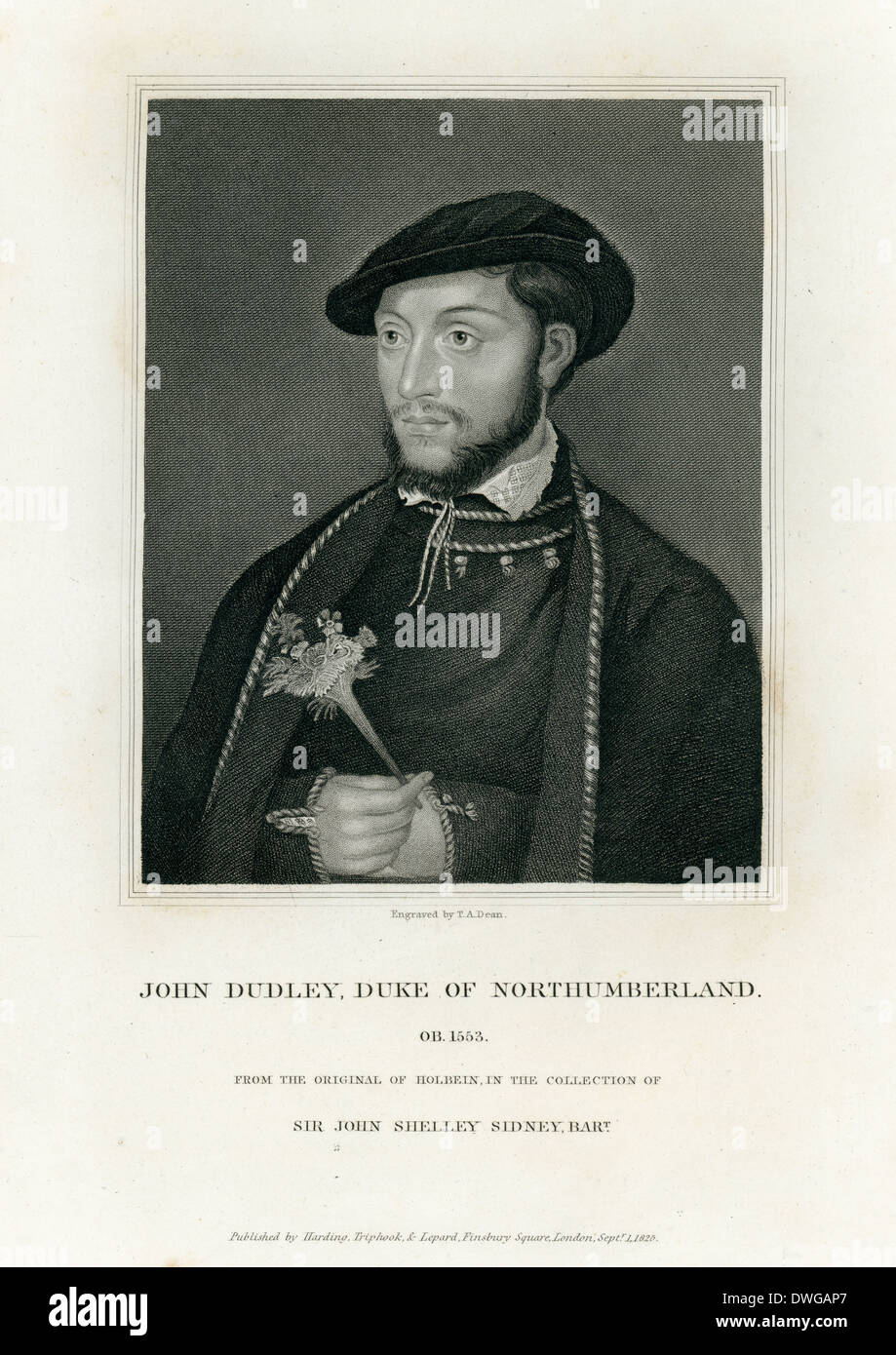
Addressing Inflation
One of the few areas where historians give Northumberland some credit is his attempts to tackle England’s economic issues. He fought inflation, stabilized the coinage, and sought to expand trade. It’s like trying to patch a sinking ship while the storm rages on!
The Final Days of Edward VI
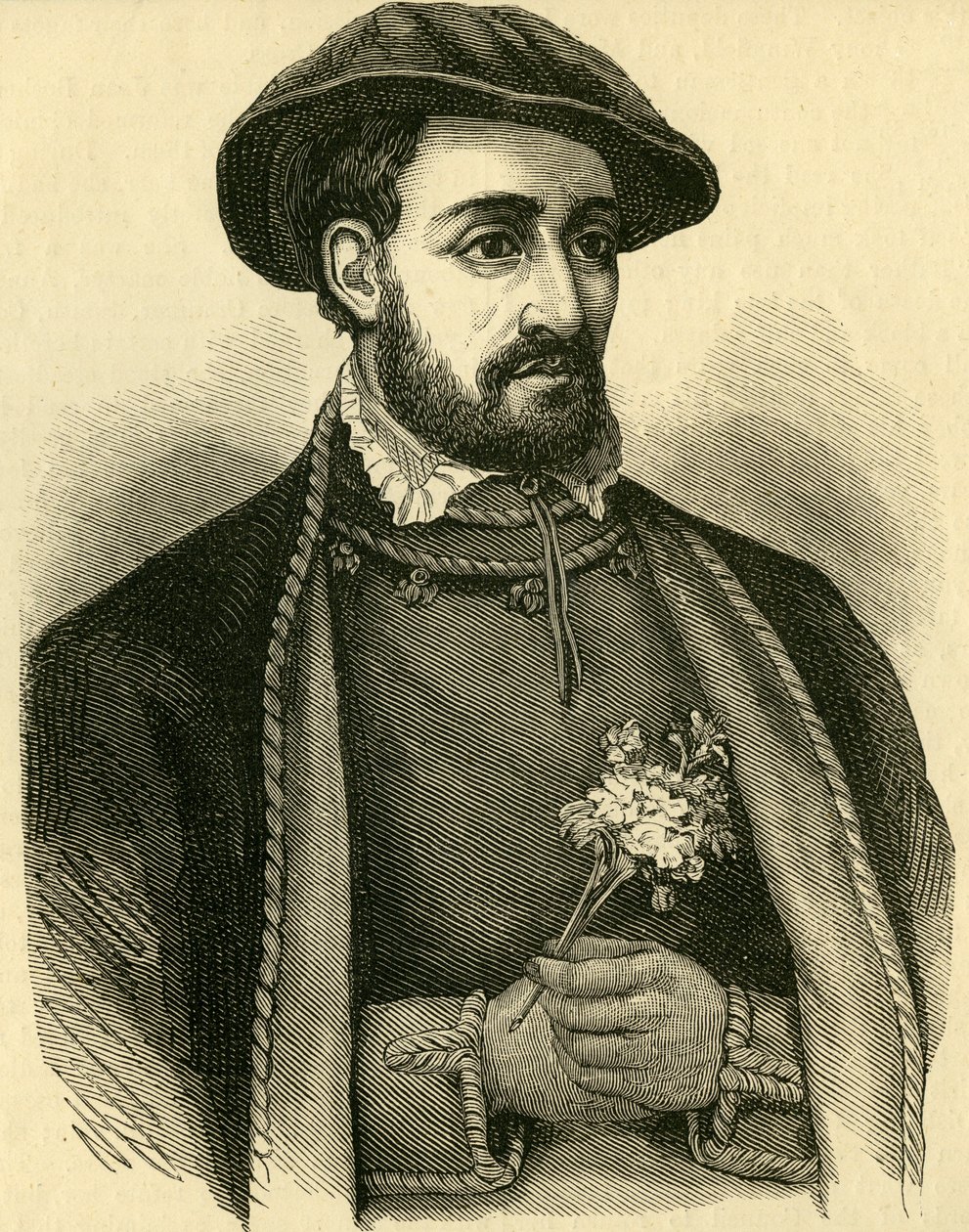
A Dangerous Game
As Edward VI’s health deteriorated in 1553, Northumberland made a bold move. He arranged for his son, Guildford Dudley, to marry Lady Jane Grey, hoping to secure the throne for her and exclude Edward’s half-sisters, Mary and Elizabeth. This was a gamble that would soon backfire.
The Proclamation of Jane Grey
On July 10, 1553, Northumberland proclaimed Jane as queen. But the people of London had other ideas. They rallied behind Mary Tudor, leading to a swift collapse of Northumberland’s plans. It’s like trying to build a sandcastle during high tide—inevitably, it all comes crashing down!
The Downfall of Northumberland
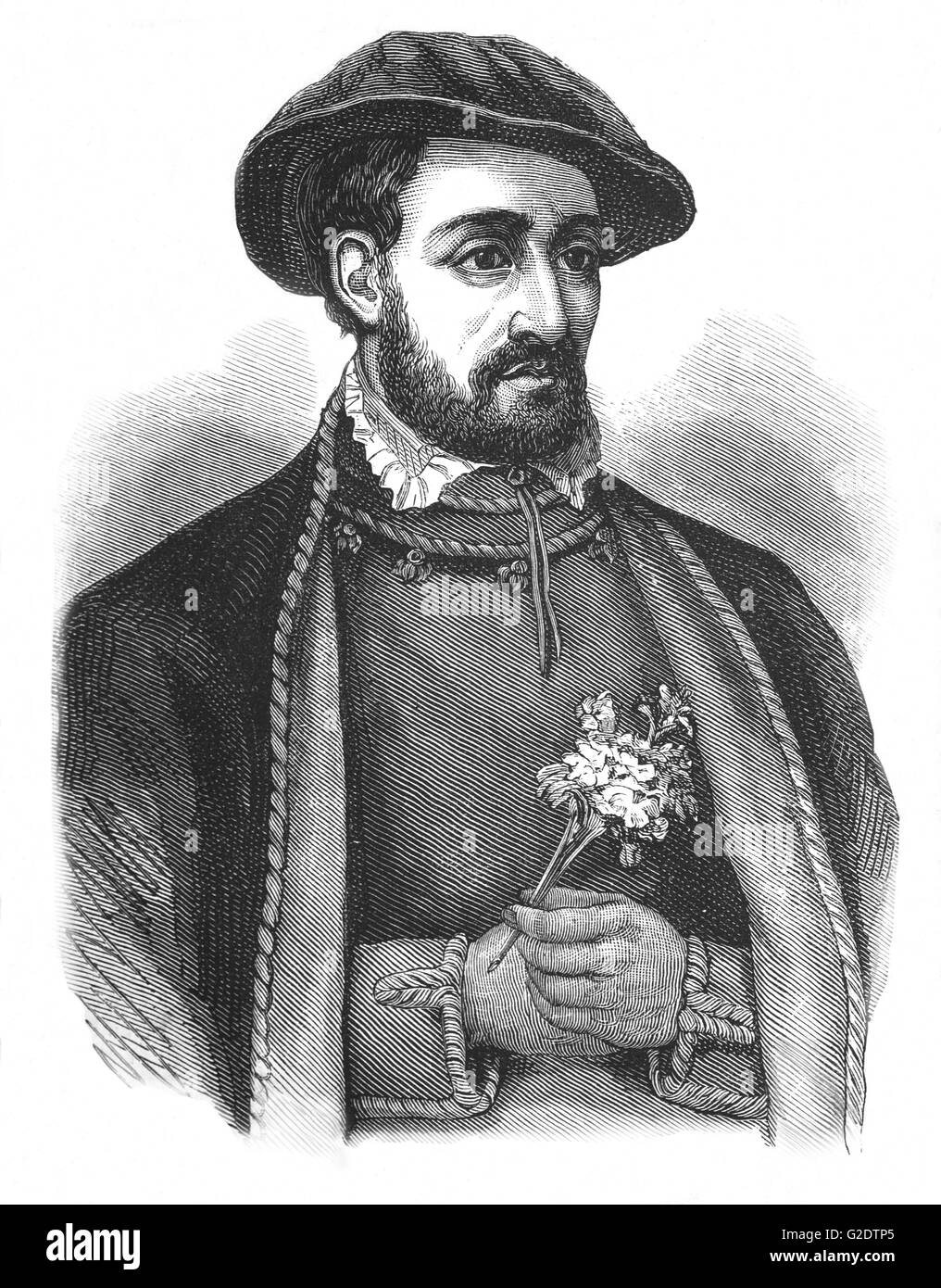
Surrender and Execution
By July 20, 1553, Northumberland found himself surrendering to Mary’s forces. His once-mighty position crumbled in a matter of days. Just a month later, he was executed for treason. Talk about a dramatic fall from grace!
Legacy of John Dudley
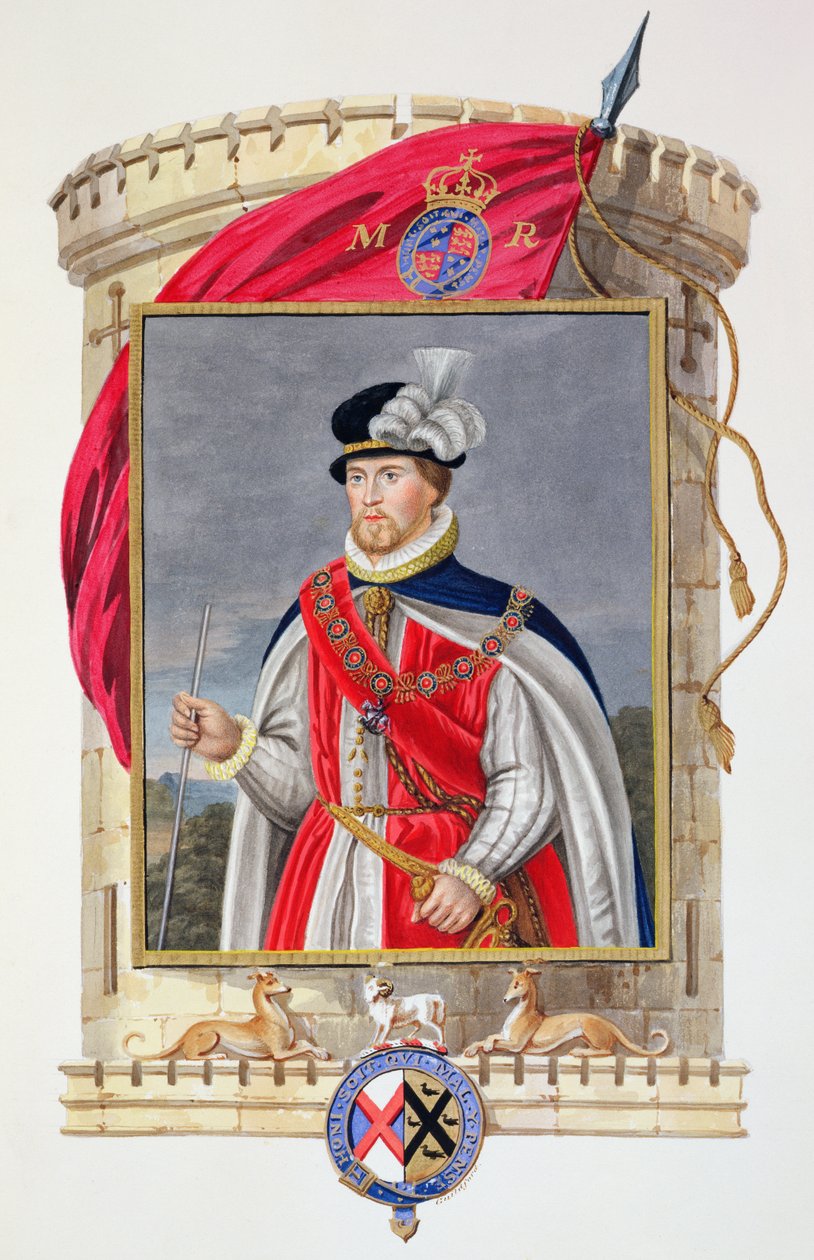
A Controversial Figure
So, what do we make of John Dudley? Was he a ruthless power player or a misunderstood reformer? His legacy is a mixed bag, with historians often debating his impact on England’s political landscape. He was a man who played the game of thrones and lost—spectacularly.
Table: Key Events in the Life of John Dudley
| Year | Event |
|---|---|
| 1504 | Born in England |
| 1538 | Deputy Governor of Calais |
| 1542 | Becomes Viscount Lisle |
| 1546 | Conferred the title Earl of Warwick |
| 1549 | Deposes Somerset |
| 1551 | Becomes Duke of Northumberland |
| 1553 | Proclaims Jane Grey as Queen |
| 1553 | Executed for treason |
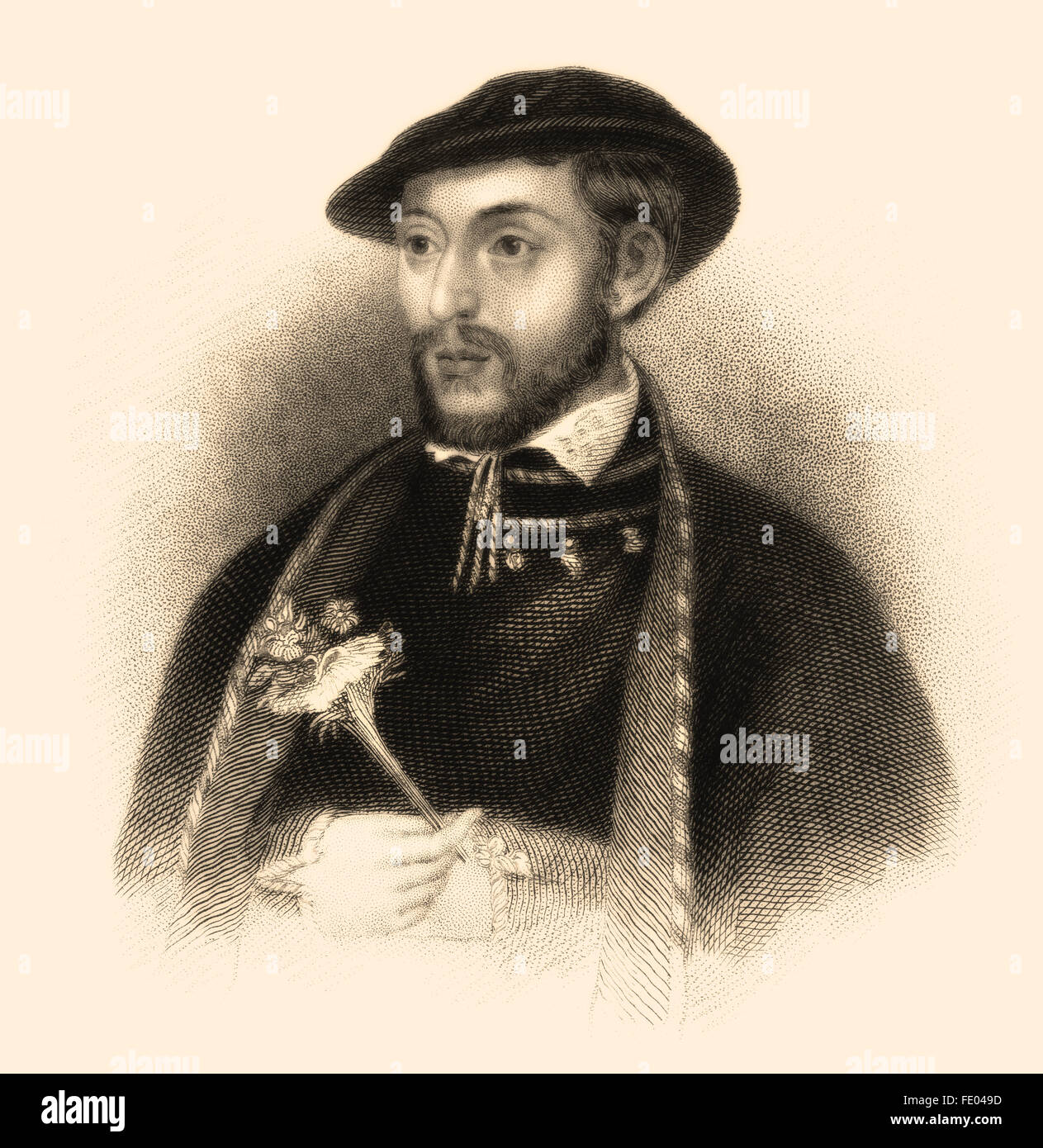
John Dudley’s life is a fascinating tale of ambition, power, and downfall. He was a man who navigated the treacherous waters of Tudor politics with skill but ultimately fell victim to the very game he played. His story serves as a reminder that in politics, as in life, the tides can turn quickly. So, what do you think? Was Dudley a villain, or was he simply a product of his time?

